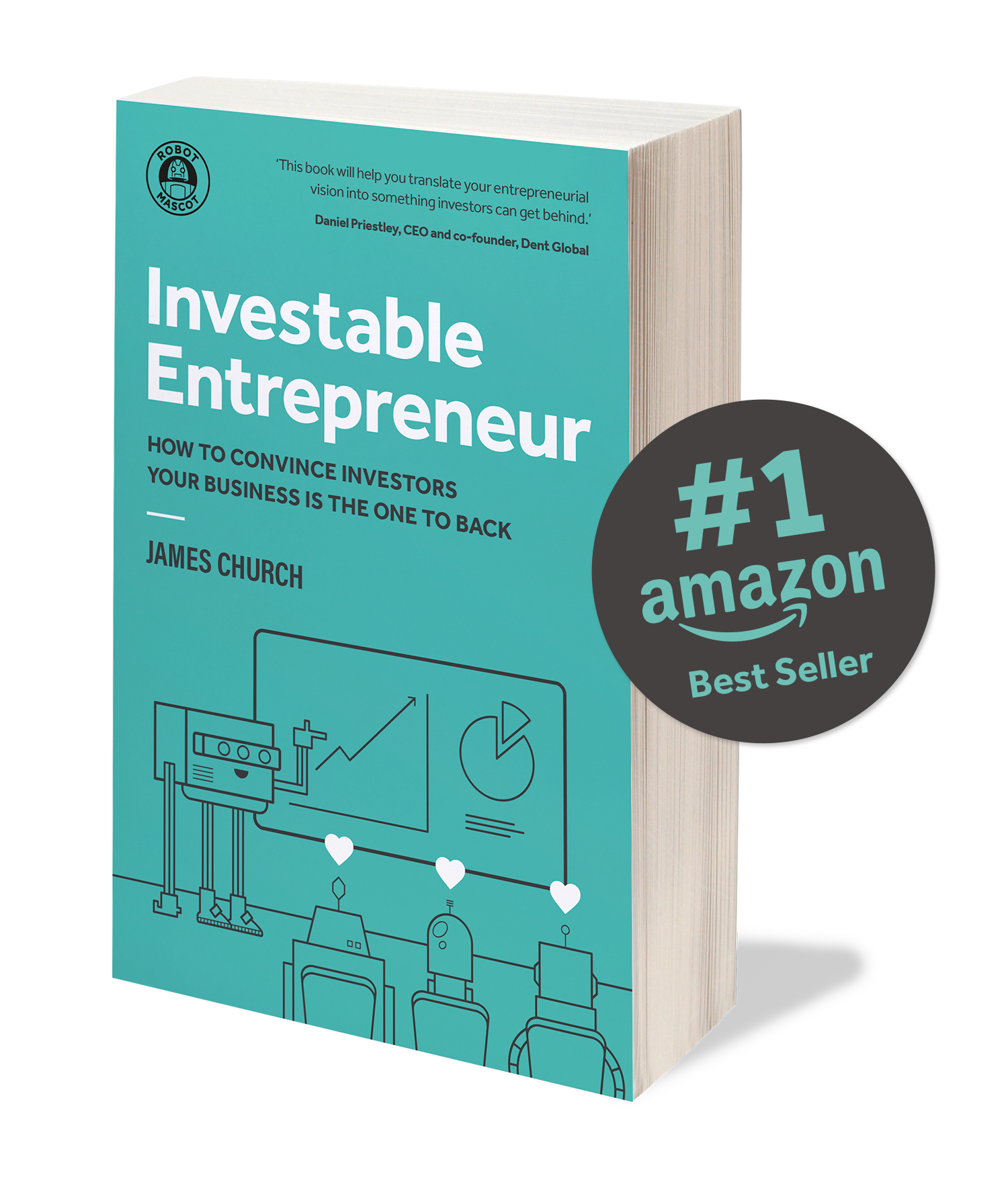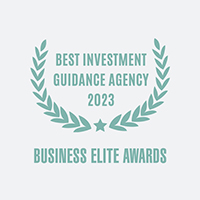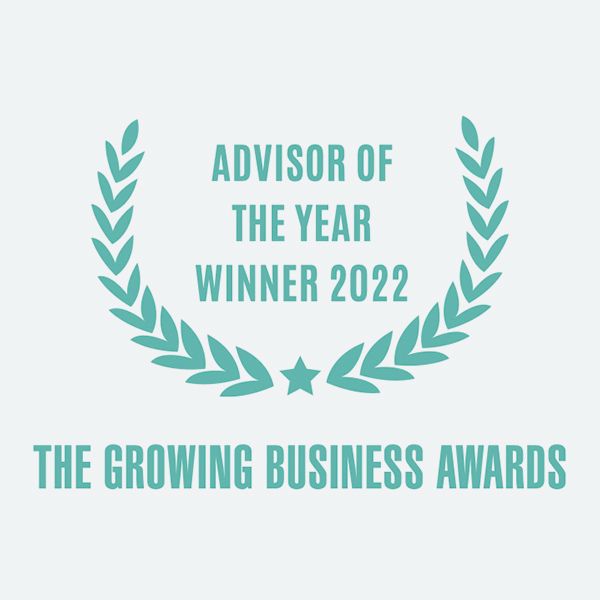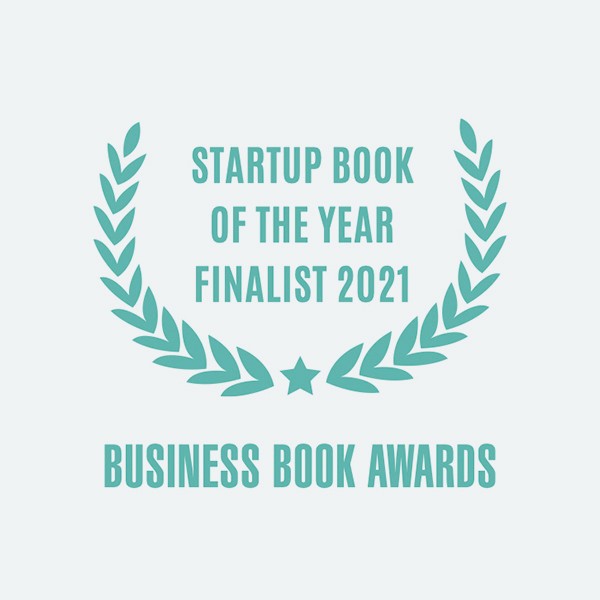

Business Plans for Investors – Less Is More
1st May 2023
When you’re putting together a business plan to attract potential investors, less is always more.
It doesn’t matter whether you’re preparing the business plan for an Angel investor or an Investment Fund, never fall into the trap of providing them with too much depth and detail.
We realise how tempting it is to do completely the opposite. Hungry founders who are desperate to secure investment so they can finally send their brilliant idea out into the world sometimes think that our “less is more” advice sounds counter-intuitive. After all, you only get one shot at making a great impression on a prospective investor, right? It doesn’t seem logical not to take that valuable opportunity and throw everything you’ve got to offer into your business plan.
But here’s the thing… a “less is more” business plan doesn’t mean you’ll be holding back on any of the good stuff that will get an investor hooked. Quite the contrary. A “less is more” business plan gives an investor all the good stuff that will hook them in a single, streamlined, easy-to-digest package. It also has the added bonus of showing the investor you’re an investable entrepreneur to be reckoned with, because you’re giving them a business plan that’s clear and compelling and isn’t muddying the waters with irrelevant extraneous information.
Related: A Complete Guide to Angel Investors for Small Businesses and Startups
Business plan help
Over the years, we’ve advised a lot of our clients to stop adding additional detail into the business plans we’ve written for them.
It can be tempting to add more details as you write and/or review your business plan, and it can feel quite frustrating to have us come along and cut back a lot of that additional information by two-thirds – or in some cases remove it completely.
Yet, despite their initial surprise at us cutting out the majority of their additional notes, do you know what all those clients end up with come the end of our process?
A business plan that’s succinct and persuasive and wins them the investment they’re looking for.
Here’s the thing. Founders (especially first-time founders) almost always think that if they overload their business plan with a humungous amount of detail, the investor will be so impressed by all their densely-packed strategic insight they’ll see them as a safe pair of hands.
However, experienced founders know that if they produce a business plan that only includes the most relevant and poignant things they have to say, it articulates their thoughts with sharper clarity and the investor finds what they have to say a lot more compelling and far easier to get onboard with.
Providing too much detail in your business plan will very likely do you more harm than good.
Have you ever read a book and given up after half a dozen pages because it’s so full of “what the weather was like” and “how everyone was dressed” that it’s just too boring to stick with, or you’re already completely confused about what’s happening?
A lot of the “great literature” that, as kids, we were forced to read at school is like that, and it’s usually not until we’re much older and the more concise ‘cuts-out-the-irrelevant-bits-and-gets-straight-to-the-point-of-the-story’ adaptation turns up on the TV that we realise, “Oh yeah, now I can see why people rate that novel after all.”
Or here’s another example. If I were to throw you three tennis balls at once, you probably wouldn’t catch any of them. But, if I just threw you one tennis ball at a time, your odds of catching them would increase astronomically.
Investors don’t want to be pelted with tennis balls as they read your business plan. Too much information thrown at them all at once will make it hard for them to absorb, and engage with, any of it. Instead, you want to throw them one ball at a time, in well-paced intervals. This will maximise the investors ability to absorb and engage with your strategy.
What is an investor-ready business plan?
At Robot Mascot, we like to think of an investor-ready business plan as a critical piece of sales collateral. It’s like a proposal you would give to a customer before they sign up with you. It gives them just enough information to make an informed purchase decision but doesn’t bombard them with a shopping list of terms and conditions. The terms and conditions are important, but they’re irrelevant until the prospective customer is engaged enough by your proposal to want to find out more.
In our case, the business plan is the proposal. Any additional information you want to share can be stored in supporting documents an accessed via a link in the plan, or via a digital folder (i.e Dropbox or Google Drive) which is often referred to by investors as a ‘data-room’.
How long should your investor-ready business plan be?
In our experience, somewhere between eight to ten thousand words is the target.
If your business plan is longer than ten thousand words, it usually means you’re either delivering too much unnecessary detail or, maybe, you’ve put in that extra padding because you’re not completely convinced about what you’re trying to say. Either way, it is likely to lead to your prospective investors zoning out.
If your business plan is any less than eight thousand words, it usually means you’re being too light on the detail and aren’t providing enough information for the investor to make an informed decision about funding your proposal.
It’s crucial to get this balance right.
What elements should an investor-ready business plan cover?
Every investor – VC or Angel – will expect your business plan to answer the same core questions.
- What have you achieved with your business to date?
- How are you going to commercialise your concept?
- What is your revenue model going to be?
- What kind of future exit multiple are you likely to achieve?
- What do your long and short-term strategic plans look like, and what are your stepping stones to achieve an exit?
- What’s the market landscape? How big is the market opportunity?
- How large a share of that market do you realistically expect to gain?
- What’s your marketing plan? What’s your launch strategy? What’s your growth strategy?
- Who are your competition? More important than that, how are you going to position yourself against them?
Addressing all those questions in clear and articulate language (i.e., a business plan is not the place for trendy buzzwords, unexplained acronyms, or showing off your Scrabble vocabulary) can really help you:
- Pack all the relevant, compelling information in.
- Keep the business plan flowing and uncomplicated.
- Unpack the essential details every investor will be looking for in a bite-size, easily understandable way.
Remember, “less is more” is the best way to keep them coming back for more. When your business plan gives an investor just enough and not too much, they’ll be much more likely to want to continue the conversation.
The Investment-Fund business plan
Having said that every investor will expect your business plan to answer the same core questions, you should still keep the type of investor you’re approaching in mind.
Investment funds are focused purely on investing their client’s capital through a portfolio that will give everyone the best chance of a profitable return. The tone of your investment fund business plan should reflect that, so once you’ve described what your business does and why it has such incredible potential, carefully shape the flow of your plan so that your revenue model, market potential, growth strategies and exit reward expectations are always the key standouts.
Using language that is emotional and compelling and subtly stirs up the investment fund’s Fear of Missing Out (FOMO) is still important, but keep it subtle. An investment fund won’t be interested in joining your crusade to produce the product that makes the world a better place unless that product is going to give their clients a healthy return on their investment.
The Angel investor business plan
Angel investor’s obviously want to see a healthy return on their investment too. The days are long gone when most angels would invest funds in a company just because it seems like an intriguing idea and they’re prepared to take a punt and see where it goes.
However, don’t forget that knowledge is power and, in an angel investor’s case, a strategic plan is a good way to secure their interest as it allows them to tap into whatever parts of your strategy make them tick.
Don’t be afraid to spend a little more time on the company vision when writing a business plan for angels. By tapping into the emotional “why you’re compelled to do this and why they will be compelled to support you” part of your business plan you can create something that will resonate with them beyond the financial returns.
Be careful not to push your ‘mission statement’ or the FOMO too hard, however, and never let it dominate all the other critical points they’ll expect you to address, but if you know your proposal could push an angel investor’s emotional buttons and gain you extra leverage, do it.
Want to find out more about what investors of all types will be looking for? It starts with convincing yourself that you’ve got what it takes to succeed. Do that, and you’ll find the process of preparing your investor-ready business plan a lot more satisfying too.
Also, Robot Mascot COO James Church’s bestselling book Investable Entrepreneur contains a lot of invaluable insight on how to raise investment.
UP NEXT:
The 6 Main Investor Trends for 2023
Learn how to convince investors
Investable Entrepreneur takes you through our winning methodology – the process we use to increase our client’s chances of raising investment by more than 30x.
“This book will help you translate your entrepreneurial vision into something investors can get behind.”
Daniel Priestley, CEO and founder, Dent Global and four times best-selling business author

Keep up to date with what we’re up to via email






Copyright ©Robot Mascot Ltd. All rights reserved.








